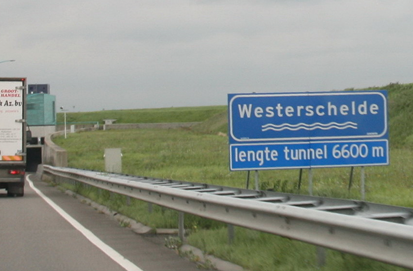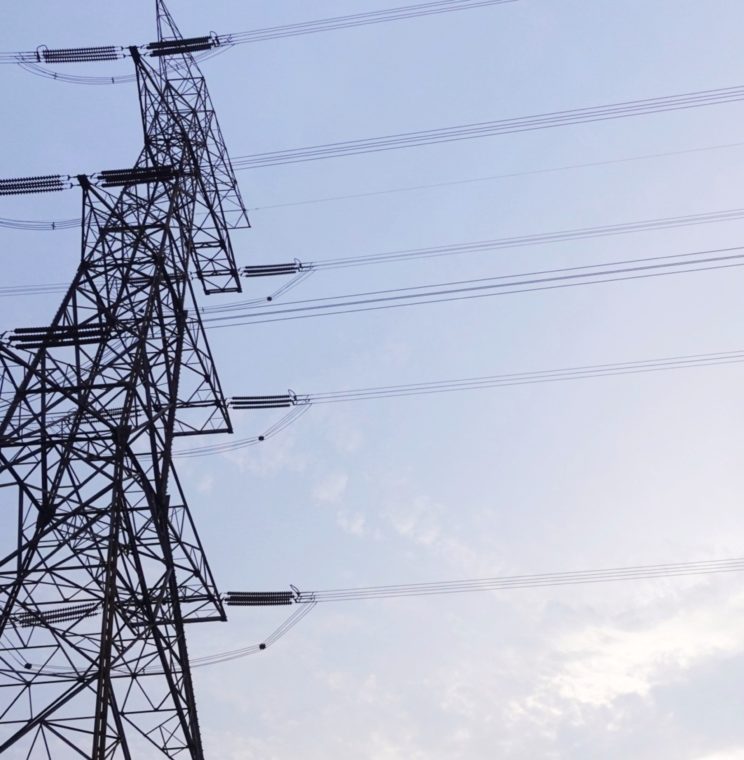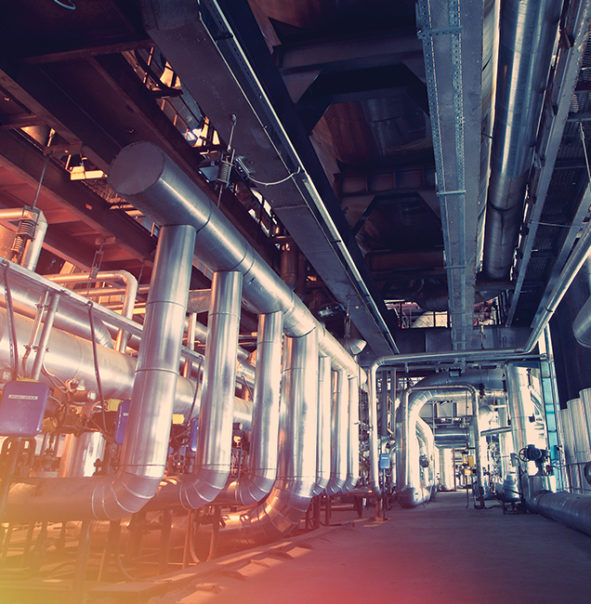Social and economic effects of toll-free Westerscheldetunnel
If the Westerschelde Tunnel is made toll-free early, the welfare gain is between €27 and €39 million. The social benefits are about one and a half times higher than the social costs and negative effects. This is evident from our research into the social and economic effects of a toll-free tunnel on Zeeuws-Vlaanderen and on Zeeland as a whole. The Minister of Infrastructure and Water Management presented the report to the Lower House on April 8, 2021.
The study is part of the implementation of a motion by House of Representatives member Schonis. On November 24, 2020, the Lower House passed this motion requesting Schonis to conduct research, in consultation with the region, into:
- the social and economic effects of a toll-free tunnel on Zeeuws-Vlaanderen and on Zeeland as a whole;
- the financial possibilities of making the Westerschelde tunnel toll-free, looking at different funding models.
The motion also requests that the Chamber be informed of the results for the upcoming cabinet formation.
Results
Abolishing the toll in the Westerscheldetunnel has effects on traffic. A forecast based on a traffic model shows that the number of trips through the Westerscheldetunnel will increase by 10,000 on a 24-hour basis. This is about 50% growth compared to the situation where the toll is not abolished.
Social benefits
Longer trips are made to other destinations than with tolls. The benefits of this arise from the advantage of the reduction in travel costs and its knock-on effects on the labor market, the housing market and on the social/recreational level. For new motorists, there are savings leading to a social benefit of about €40 million. For freight traffic, the travel distance decreases because they no longer have to make a detour via Belgium. This results in lower costs resulting in a benefit of approximately € 10 mln.
Disadvantages
Abolishing the toll does not only have advantages. For example, the number of greenhouse gases and traffic accidents grows because more than 200,000 additional kilometers are driven. Moreover, the increase in traffic in the Westerschelde Tunnel increases the likelihood of traffic jams. This leads to a decrease in travel reliability. Revenues from foreigners paying tolls also drop.
Benefits 1.5 times higher
On balance, however, abolishing tolls in the Western Scheldt yields more than it costs. In fact, the social benefits are 1.5 times higher than the social costs. This is easily explained, since tolls are a market-distorting intervention.
Decision on table cabinet formation
Whether the tunnel will become toll-free in the near future depends on the cabinet formation. A party other than the Zeeland motorist will have to pay for the financial shortfall.
For more information, please contact Bart Witmond, partner at Ecorys.

9 April 2021
2 minute read
Key Experts
Bart Witmond
Partner



